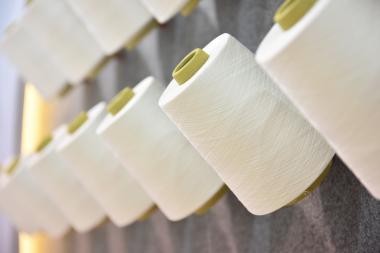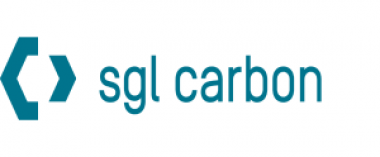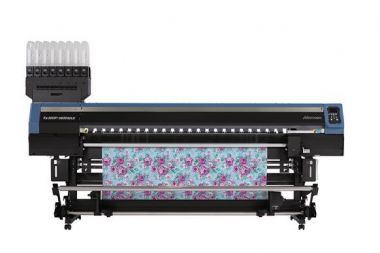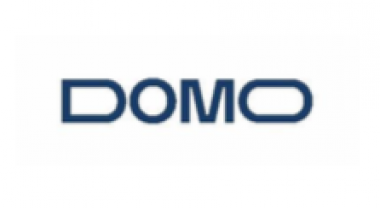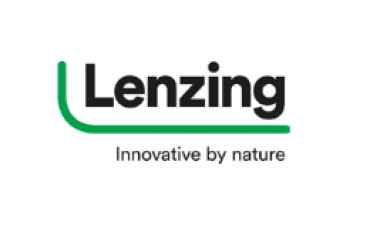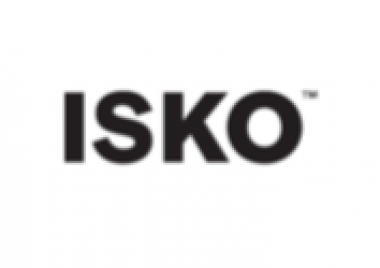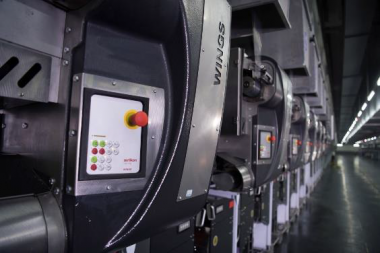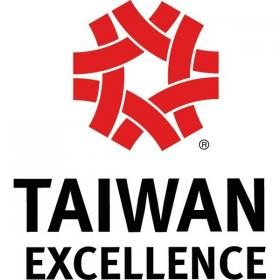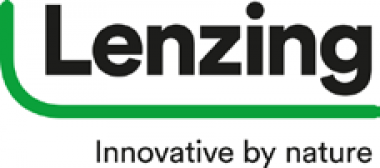Sateri Achieves Breakthrough in Commercial Production of Viscose Using Recycled Textile Waste
Forging Ahead with Circular Bioeconomy
Sateri, the world ’ s largest producer of viscose, has successfully produced on commercial scale viscose fiber regenerated from textile waste. The high-quality new fiber uses a mix of dissolving pulp made from recycled post-consumer textile waste by Swedish company Södra, and other PEFC - certified wood pulp.
Trialed at Sateri ’ s Linz Nanjng yarn spinning mill using two advanced technologies, Siro compact and Vortex, the new fiber has proven compatibility with existing spinning technologies, ensuring stable yarn production without the need to adjust existing processes or parameters. The fiber also has excellent spinning efficiency and delivers yarn evenness and tenacity.
Sateri ’ s breakthrough comes on the back of RGE’s announcement in October last year of a USD200 million investment towards next-generation cellulosic fiber innovation. Sateri is working with several dissolving pulp producers using various innovative technologies to aid the push towards a circular bio-economy. Sateri will be partnering yarn customers, garment manufacturer s and fashion brands to market and officially launch this new recycled viscose fiber product in the coming months, with the eventual goal of making recycled fiber available to the mass market.


